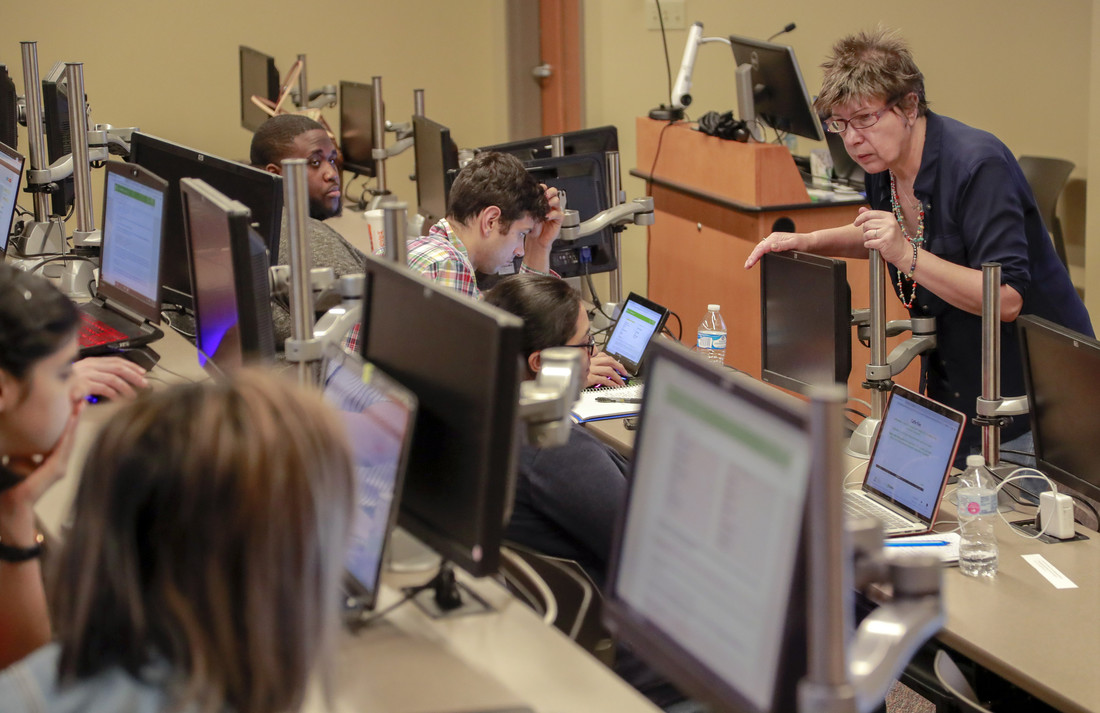Milanova named NVIDIA Deep Learning Institute University Ambassador
A University of Arkansas at Little Rock professor has been selected as a teaching ambassador and has been granted essential resources and tools to teach deep learning skills to students, researchers, and professors in Arkansas.
Dr. Mariofana Milanova, professor of computer science, has joined NVIDIA’s Deep Learning Institute (DLI) University Ambassador Program. Ambassadors are a select group of DLI-certified instructors committed to teach free instructor-led workshops at universities, academic conferences, and events exclusively for academic students, staff, and researchers.
Deep learning is a branch of artificial intelligence covering a spectrum of machine learning research and industrial innovation that provides more efficient algorithms to deal with large-scale data over a broad range of fields, including neurosciences, computer vision, speech recognition, language processing, human-computer interaction, drug discovery, biomedical informatics, healthcare, robotics, cybersecurity, and games.
As an ambassador, Milanova will receive free cloud-based training platform and lecture materials for workshops and events, reimbursement for travel and catering expenses, and early access to new training materials.
Ambassadors are required to hold two workshops per year, but Milanova plans to hold at least six trainings or more per year based on demand. Since becoming an ambassador in April, she had already held a training on April 26 and May 14. Milanova thinks the high demand for the workshops is due to the fact that potential employers are looking to hire students who have these skills.
“We had 40 participants for each workshop, and there is still a waiting list,” Milanova said. “This is one way students can be prepared for future jobs. Hiring companies constantly ask if students have skills in Python and deep learning. Many companies require these skills from our computer science, information science, and engineering students. Students need to know what industry employers want and how to use those skills with real-world applications.”
The experience has also been beneficial to her teaching assistants for workshops, Suzan Anwar, Lamarcus Coleman, Kyle Hooks, and Esther Mead, who are graduate students in the Department of Computer Science.
“The benefits are tremendous because the students can learn the advanced techniques in deep learning,” Milanova said. “I would like to say thanks to all my TAs for their wonderful support. They are all applying to become university ambassadors as well.”
Anyone who completes the workshop will earn a certificate in deep learning from NVIDIA.
